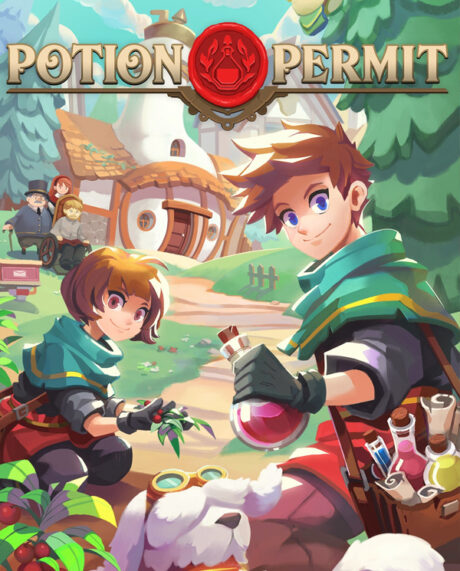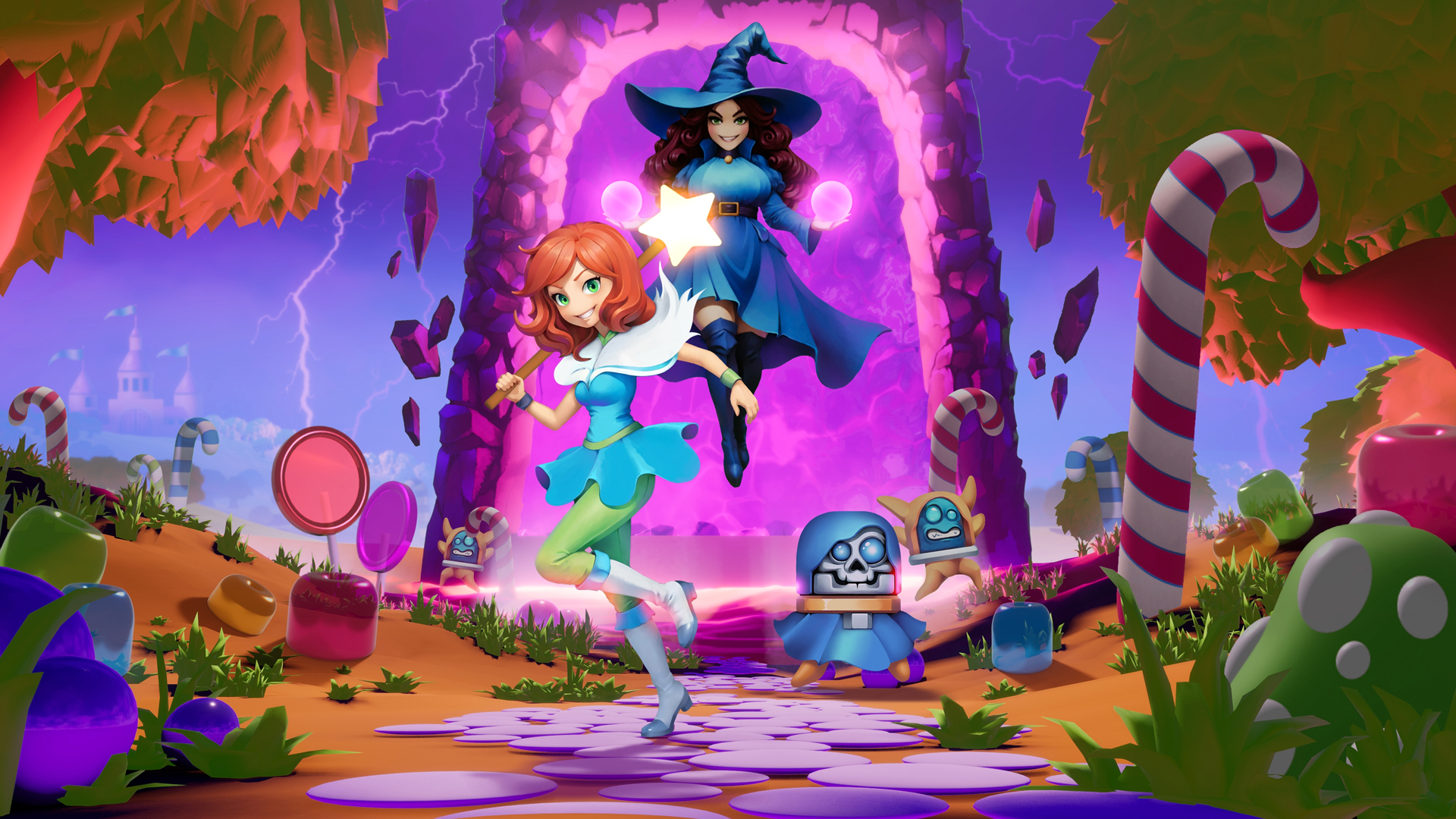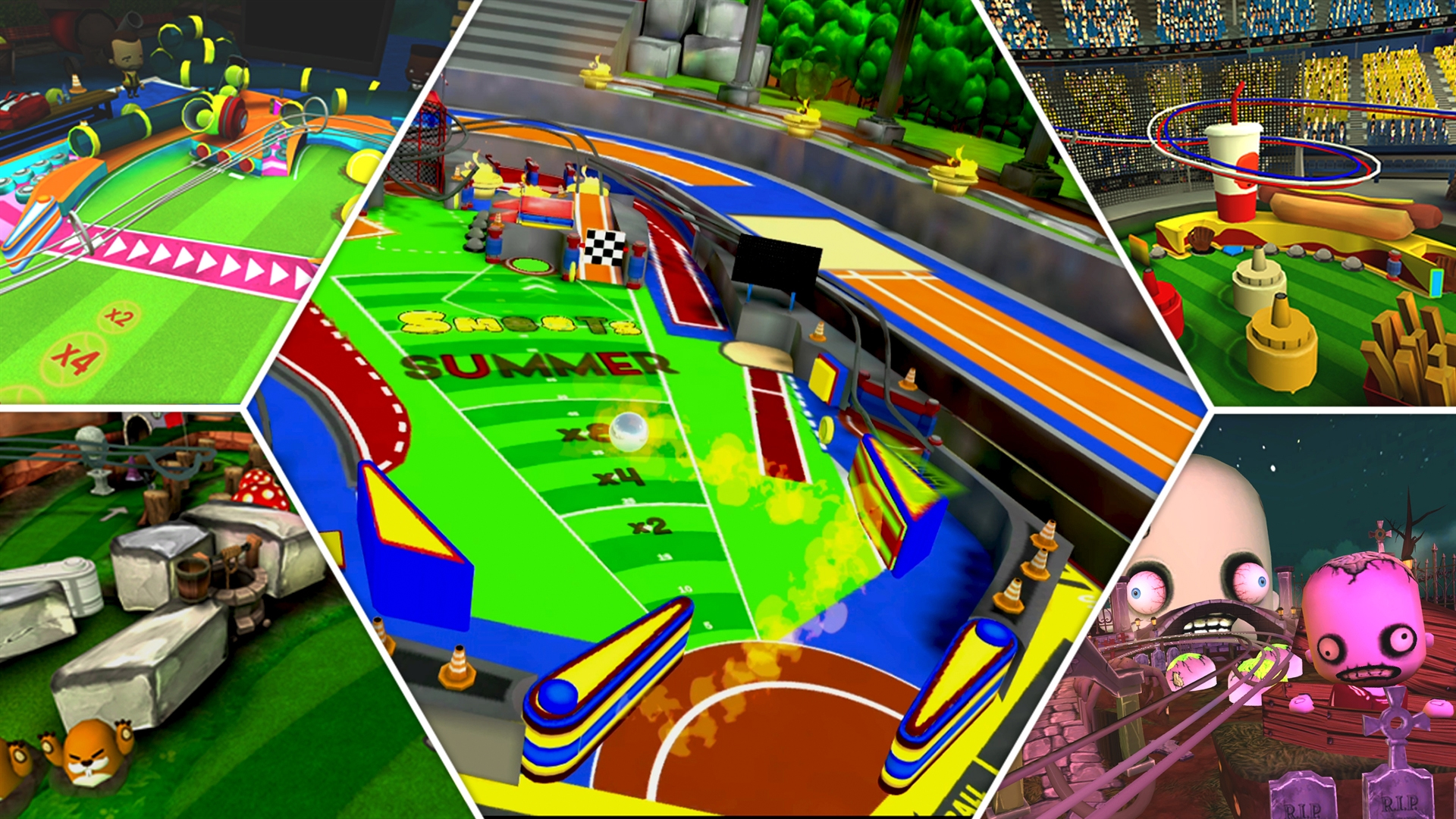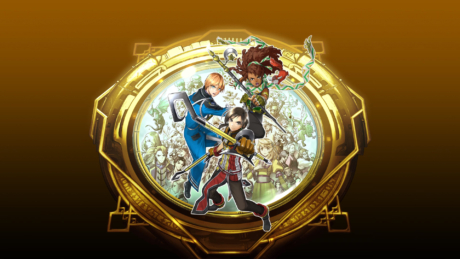Purrr....
- Plenty to do
- Customize your chemist
- Variety of gameplay
Hisss!
- Glitches
- No quick saves
- Mini-game’s lack of challenge
- Shopping menu needs improvement
Platform
Switch, PlayStation 5, PlayStation 4, Xbox Series X, Xbox One, PCPublisher
PQubeDeveloper
MassHive MediaGenre
Action, Adventure, Puzzle, RPG, SimulationPlayers
1File Size (Minimum)
922 MBRelease Date (NA)
Sep 22, 2022Filed Under
Potion Permit is an indie game mostly about using alchemy to create potions and remedies for the townsfolk. The game sucks you in with its daily tasks but requires a lot of grinding and patience to get through. It’s the right dose of fun for those who enjoy simulation games.
Everyone vs the Chemist
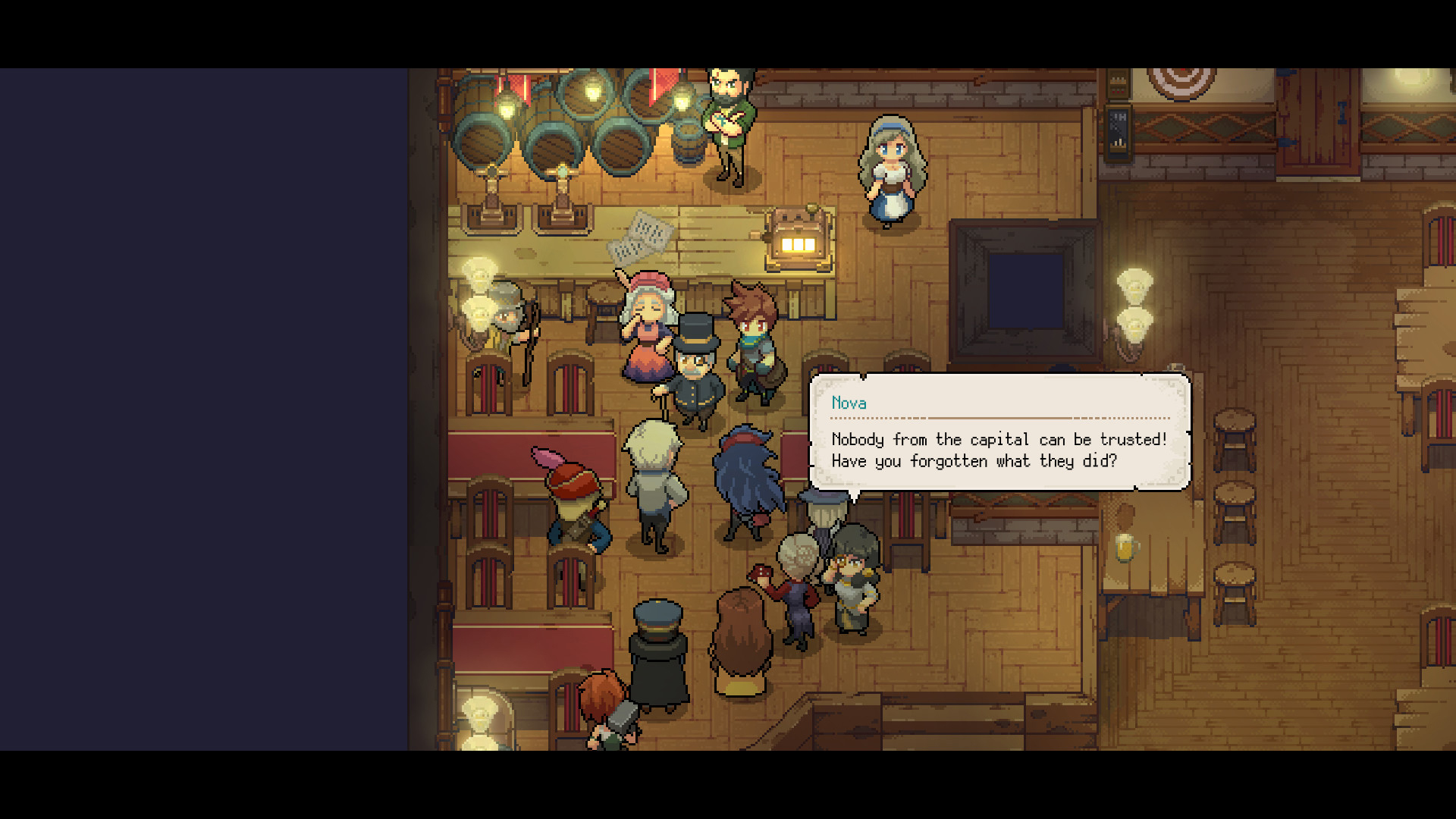
The town of Moonbury has been stung in the past by chemists deployed from the capital. Lands and wildlife have been ruined by miscalculated chemistry, leaving them to clean it all up. No one thought another chemist would come to their peaceful town until the mayor of Moonbury requested one after his daughter fell ill.
You, the chemist, arrive in town with nothing but your tools and a cold reception from everyone except the mayor. You’re given a home along with a clinic, which are both in shambles, and the rest is up to you. However, the game is not entirely based around saving the mayor’s daughter since you’ll cure her early on. Instead, it’s a small dose of what’s to come: aiding sick townsfolk and earning their trust.
Earn Their Trust
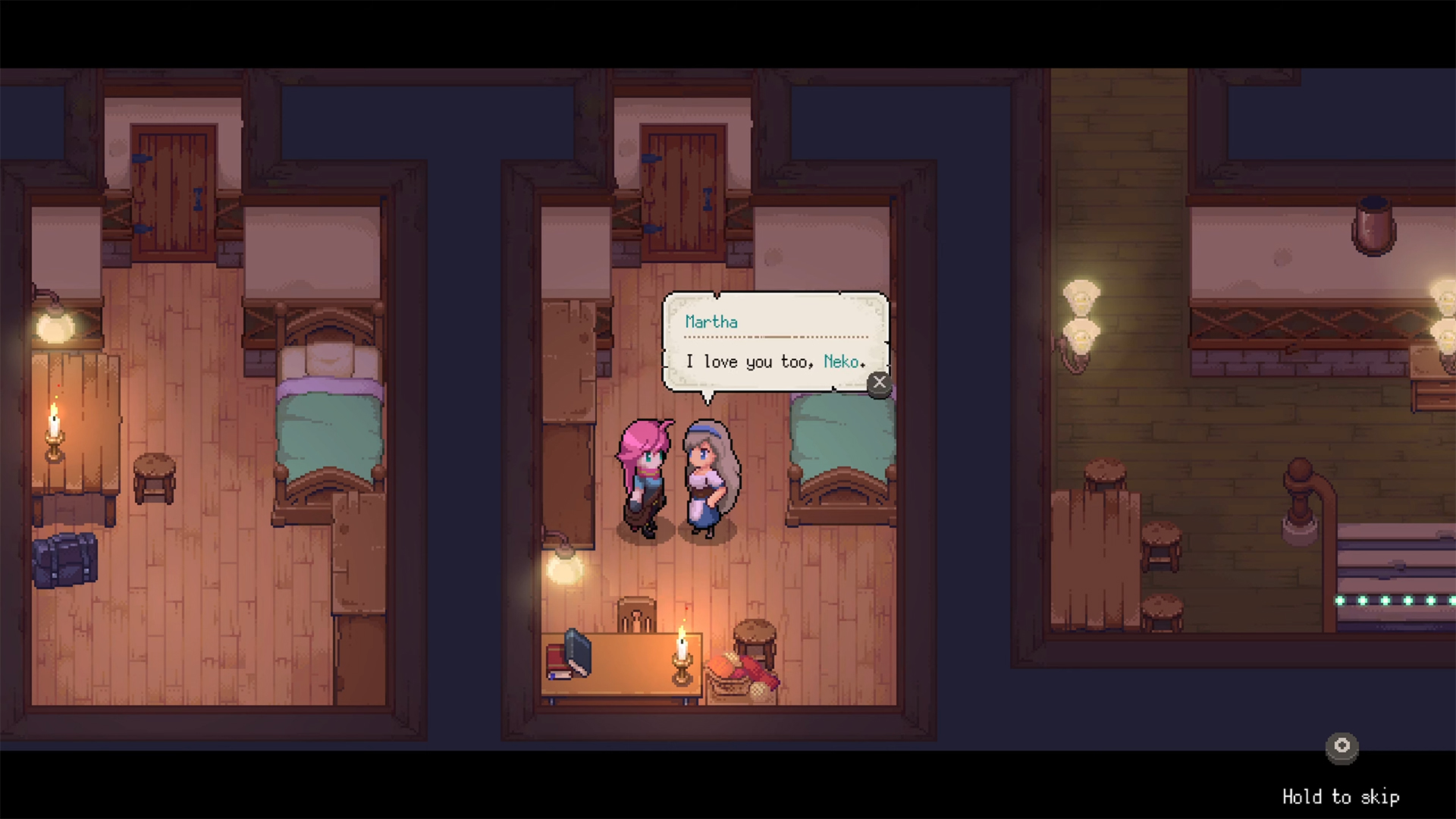
To earn their trust, communication is key. Speaking with them once per day will allow them to slowly open up to you. You can also take on errands they request from you. Some are straightforward and simple, such as making an energy drink. Others take a little longer to accomplish, needing you to be further along in the game’s story. Whatever the job is, you do what’s needed to gain their trust.
Players can also offer Moon Cloves as gifts to help boost friendship levels, though they can only be given to each nonplayable character (NPC) once per day. Moon Cloves can be gained by completing certain errands or curing a NPC at your clinic.
Some characters can go beyond friendship and into romance. You can go on dates, which shows a short animated scene of you and your loved one spending time together in the village. Unfortunately, marriage isn’t available in this game, even though there’s a church in Moonbury. You can even date the same sex since the game doesn’t set a gender for each character in the game.
Customize and Rebuild

In the beginning, you name yourself and your pet dog before starting your journey in Moonbury. The game will also give you two body type options. As mentioned earlier, the game doesn’t label genders. Hair styles, uniform colors, skin, and eye colors are all available to choose. If you change your mind about your looks, don’t worry. You can change your character’s hair style and the color of your eyes, hair, and clothing when you visit the tailor. Unfortunately, you are stuck with your original body type, and the number of hair styles is lacking. Hopefully, a future update will add these features.
Your rundown chemistry lab, which is your home, and your clinic have seen better days. You can update these buildings by supplying the right amount of materials (stones, lumber, money) and unlocking the option. To have the option available, you’ll have to play through the game’s story, achieve friendship levels, and more. It’s a bit of a grind, but the rewards are there for the taking. There’s a lot more grinding to earn lumber and stones than money. Expect to spend a good amount of time building up your inventory. Don’t fret, though, since trees, stones and monsters rejuvenate after sleeping, so you can return to chop the same tree the next day.
Your local blacksmith will also need upgraded tools. Once you’re at a certain part of the story, like most errands in the game, you’ll need to collect materials for your requester. These types of errands are unavoidable if you want to progress the game’s story, acquire better equipment to obtain ingredients, and explore more of the outskirts of Moonbury.
Puzzle Cauldron

With a forest nearby, you’re able to explore to collect necessary ingredients and resources. However, you’ll have to fight against monsters that roam the area if you want to collect fur and other items dropped after defeating them. Combat is straightforward with little challenge. You can walk past enemies that are not aggressive without taking damage, unless you provoke them. These dropped items are needed to fulfill requests, for example turning in three bear claws. But, when it comes to creating potions, they’re viewed differently.
When creating potions in your cauldron, you’ll have a set of items to choose from, each associated with different elements (earth, fire, wind, water). Each item is represented by colored blocks with shapes similar to those from the popular puzzle game Tetris. For each potion you want to create, you’re given a potion recipe in the form of a silhouetted shape of blocks that needs to be completely filled in. Your goal is figuring out how to fit your ingredient blocks into that specific shape. Some potions won’t let you use certain element items, which makes creating more challenging. Once you have all the blocks filled within the amount of items your cauldron can handle, you can make your item within seconds. Creating potions is an enjoyable process and rightly so since potions are the central focus of the game.
Some potions require more items than what your cauldron can handle in the beginning. To improve its capabilities, you’ll need your local blacksmith for upgrades, which of course requires a specific amount of cash, stones, and lumber.
Doctor Chemist

Even though you’re a chemist that can make a variety of potions and medicine, you’ll be tasked to diagnose townsfolk who are under the weather. The patient will explain where the discomfort is, which opens up a figure chart for you to determine the location with a magnifying glass. Once you find the affected area, you can diagnose it, which will then turn into a minigame. There are three different types of games: Simon Says, avoiding moving bacteria by moving your cursor up and down, and inputting key commands that come across the screen, similar to dancing games like Dance Dance Revolution. They’re easy to complete and could actually stand to be more challenging. If you do happen to lose, the patient will leave to seek alternative aid in the village, and your relationship with them will decrease. You’ll lose out on money, Moon Cloves, and your relationship with the village will go down.
During the game, you’ll be asked to do some research to help figure out new potions. Doing research pulls the player into a new type of minigame. In this one, you’ll have a magnifying glass with a set of question marks. To uncover them, you’ll select one of these marks and flip through different elements until pinged. Once you have a set of elements that matches your goal, you win. You can’t lose in this minigame, so it’s confusing as to why it’s laid out like this with no challenge whatsoever.
Making it Rain

Players can also sell extra potions to earn quick cash or take on part-time jobs within the village. Doing these jobs takes away two hours of your day, and each one is set as a minigame. For the police, you are separating up to twenty bottles. At the church, you’re smashing grapes by button mashing. At the post office, you’re packaging by inputting the correct button commands the game displays. All these are done in a time limit, and like the clinic’s minigames, they’re easy to complete. Completing these jobs earns you some quick cash. Unlike other simulation games, such as Kitaria Fables, there’s no farming. Having a simulation game that steers away from crops and farming isn’t a deal breaker. There are plenty of farm simulations out there, and players will be okay not having to go through another one.
Constantly Going
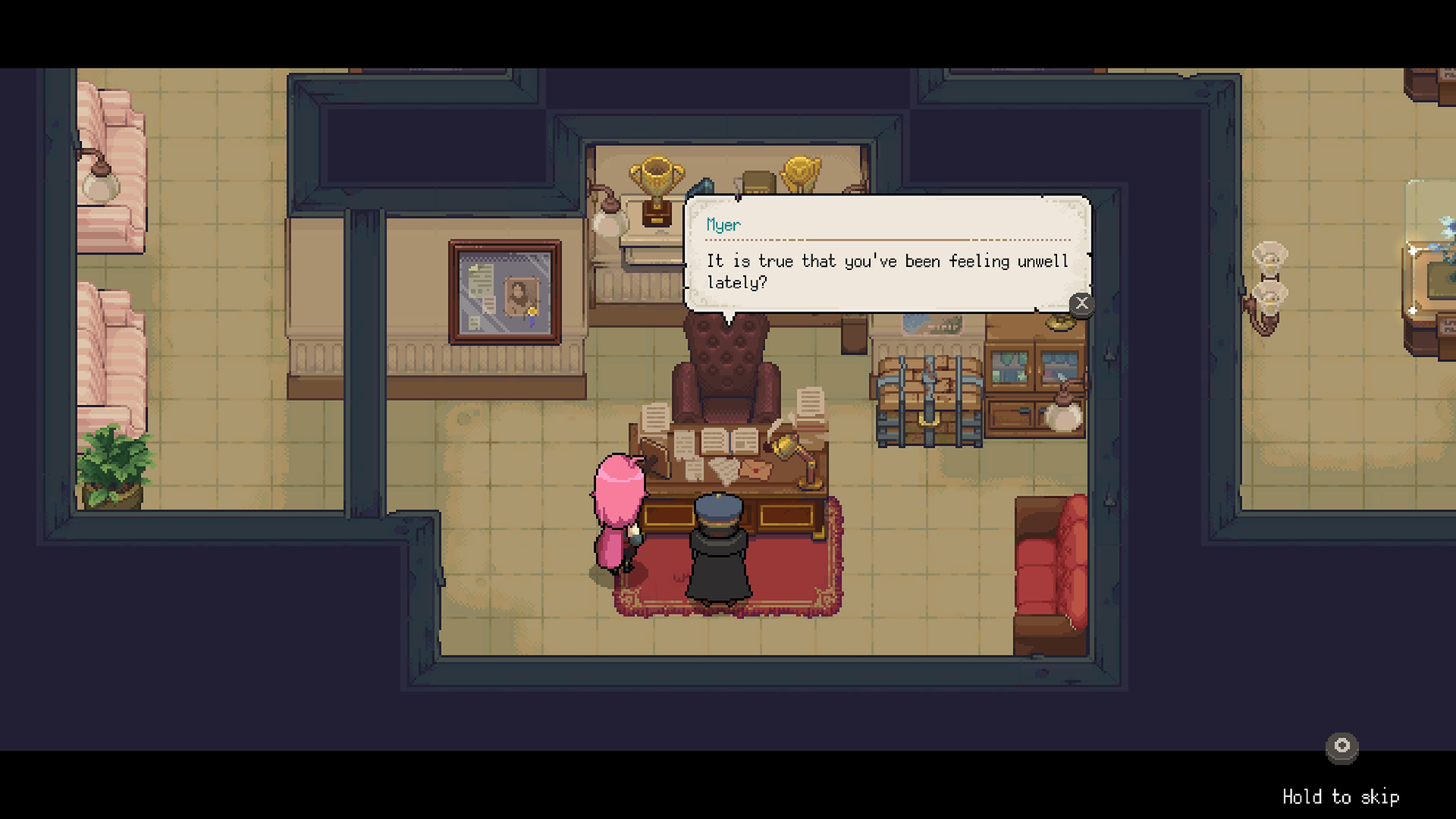
There’s plenty to do in Potion Permit, but the game requires your undivided attention. You can’t stop during the in-game day, even if the clock does go fast, because quitting and returning puts you back at the beginning of the day. If you have to step aside for ten minutes to make a sandwich, the game’s clock will continue to run whether you are in the game’s menu screen or exit the game without closing. Time-sensitive errands will become void and your clinic can become an eyesore for the village. Quick saves could solve a lot of these problems, but unfortunately, that option isn’t available.
The game does have a handful of glitches and bugs that interrupt gameplay, but these are not enough to stop playing it. For example, when fast traveling between areas, the game flips out and puts you in a wooded area while walking on water. To get out of it, you’ll have to transport to another location. In a similar instance, when triggering an event after walking into a building, the game spazzes out with a camera movement and fades to black before the animation begins. It’s rare but weird when it happens. You’ll also notice missing visuals such as the ground. Moreover, layer issues with NPCs and enemies on screen occur often, such as monsters walking on boulders or NPCs disappearing behind chairs or on top of tables. Expect updates to occur in the following weeks to hopefully solve these errors.

Also, for all the information the game gives you when playing, there are some oversights. When shopping, the game will tally up your total of what you’re buying, but it fails to give small details such as your current inventory count. You can easily overspend on items you forgot you already had. Many games will give the player this information to make it easier for them. It would be great to know, when shopping for eggs, for example, how many you already had in your inventory and how much money would be left if you were to buy them. Perhaps a future patch will fix this.
Spritefully Good
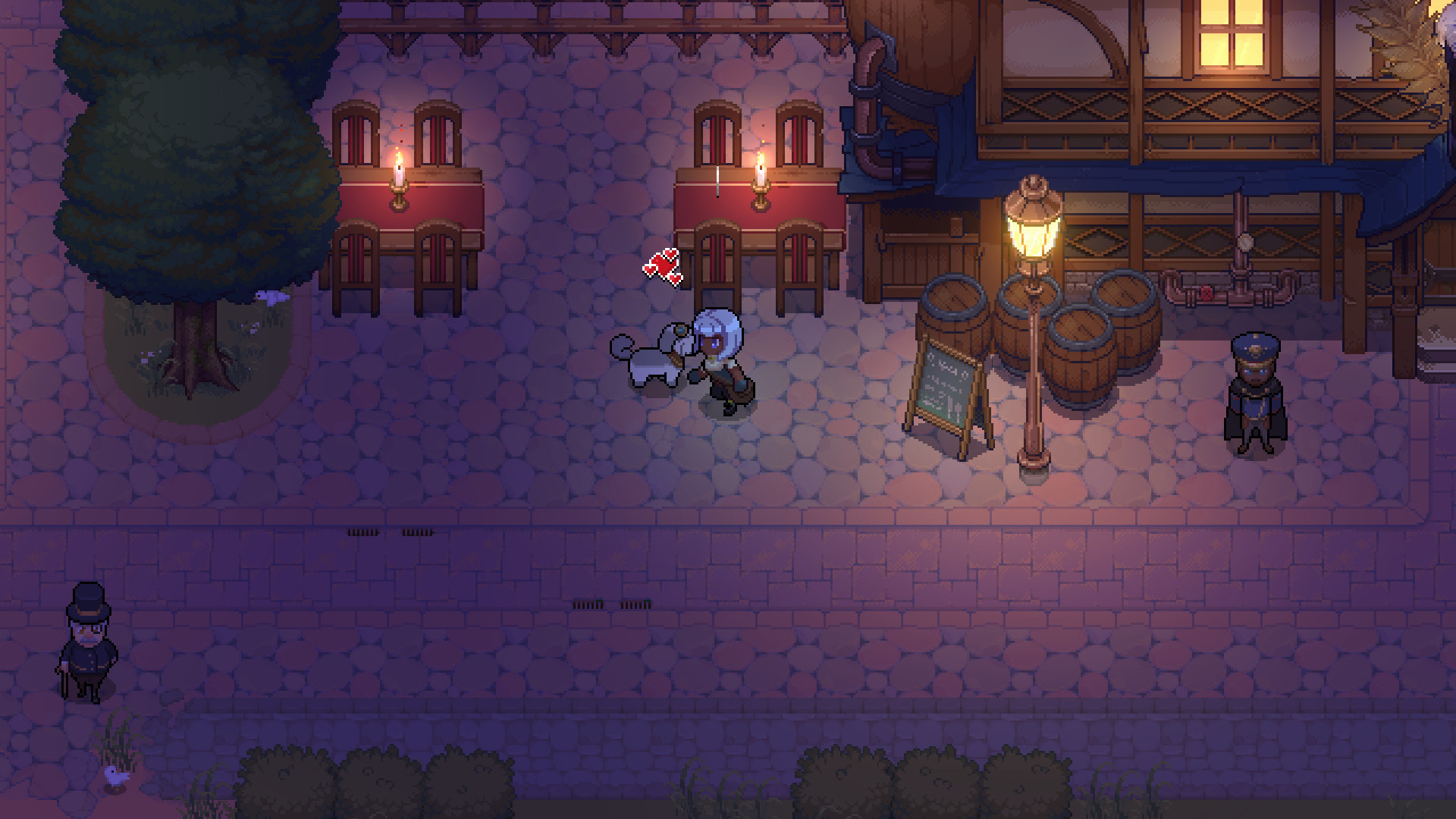
The indie game’s visual designs are detailed and colorful. Dusk and night add characteristics to the game’s world. Fire pits pop out at night, while the orange-themed dusk sky adds a vibrant, colored shade. The majority of the character designs are unique on their own, though some possess more flair than others. The pixel art details from the ground to buildings are well done and detailed.
The game’s music is mostly very soothing. Any energetic music present when battling monsters in the wild is as short lived as those encounters. Exploring different areas plays different tracks, but the wasteland area has more momentum and volume. You can easily drift away as you explore the town’s low-key melody, but overall, there isn’t much variety.
The Final Potion
From creating potions to going on dates and more, Potion Permit’s simple name belies the fact that this game will swallow you in with plenty of things to do. Those who enjoy simulation games should give this a whirl despite some weird glitches and easy minigame challenges. So settle into Moonbury, grab some ingredients, and start producing those potions!
A PlayStation 5 code provided for this review and gameplay footage.
